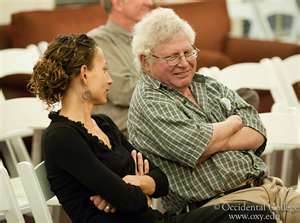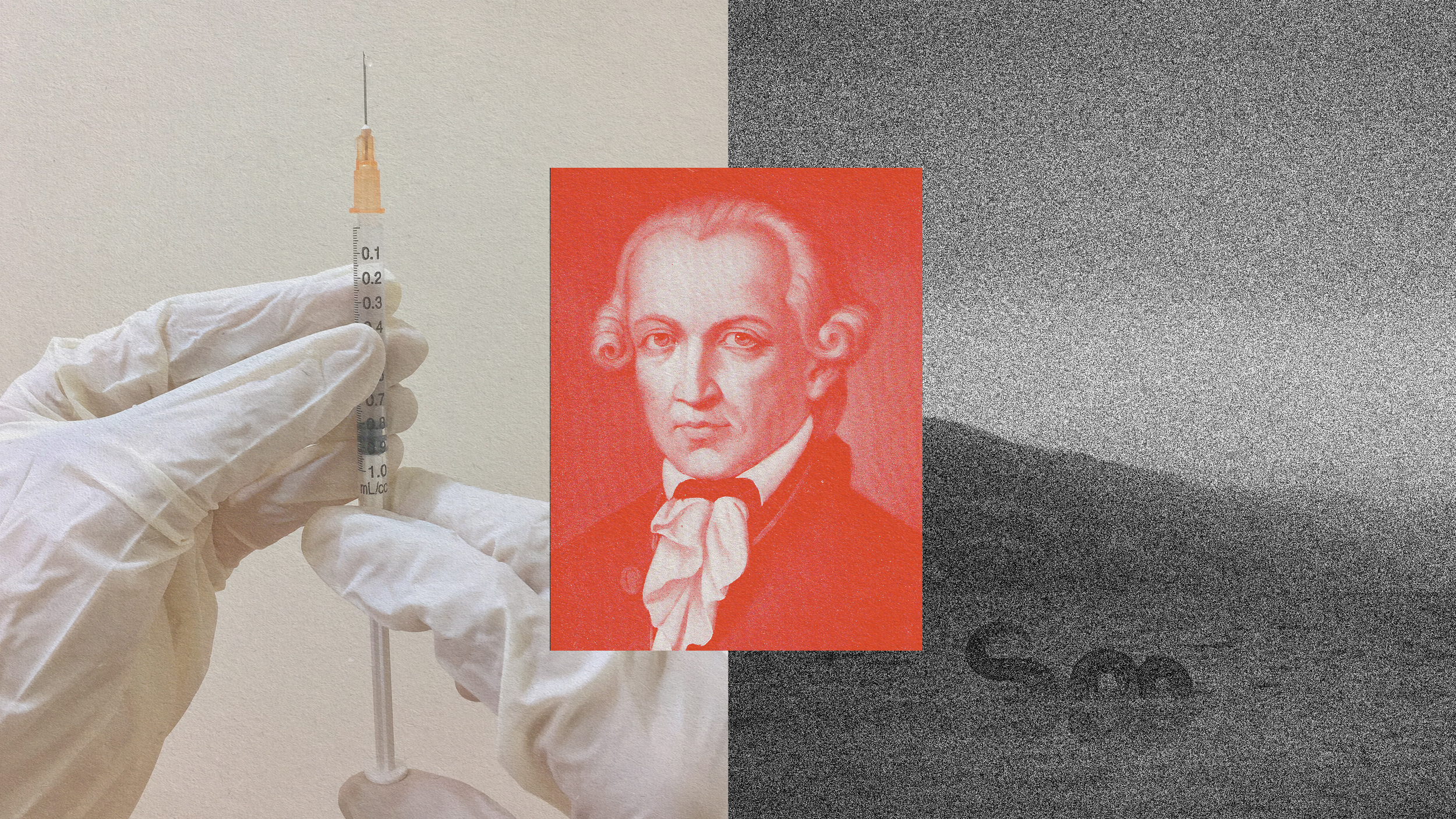Barack Obama and Roger Boesche (Another Lesson on Our President’s Liberal Education)

I agree with the sagacious Carl Scott that the conservative bloggers have gone too far in their attacks on our president’s Occidental professor Roger Boesche.
Obama called Boesche his favorite professor at Occidental, and he invited him to the White House to catch up. Because Boesche almost surely was and is the best professor at Occidental, we’d have to say young Obama’s judgment was excellent. And there’s no evidence Boesche catered to or flattered Obama. He gave him a B on a big paper and so for a course. Obama contested the grade, saying that he was being held to a different and unfairly high standard. Boesche told him he was smart but wasn’t working very hard.
I spent a good deal of time with Boesche at various conferences in the late 1980s and early 1990s. I haven’t seen him in a long time, but still think of him as a friend. He’s a class act, a fine scholar who lives with great dignity with a significant physical disability.
As Carl pointed out, only someone who really knows the nuances of the thought and life of Alexis de Tocqueville could have so expertly selected the collection of the Frenchman’s letters he edited. Boesche was the founder of the school of thought that views Tocqueville’s liberalism as “strange”—which came to mean less systematic and deeper than other forms (such as Lockean) of liberalism. I’m all for that school of thought. Boesche’s rating (and mine!) may have dropped on the Tocqueville-meter a bit as he moved on to other interests, but for years he was regarded as one the very top authorities on Tocqueville.
Boesche’s political opinions are very liberal or mainstream opinions for professors. He’s all for social justice, and he’s identified himself with various leftist causes. But he’s no radical leftist and no Marxist. It’s my impression that his opinions are pretty close to those of John Rawls, but Roger knows too much to think Rawls is the be all and end all of liberal theory. He’s a liberal deeply informed by the great books of the West and open to thought usually considered conservative (Tocqueville) and worse (Nietzsche ).
Being overly concerned with militarism and white racism is hardly “odious,” unless you believe that pretty mainstream professorial opinions are odious. Roger, I would say, is very often mistaken or given to exaggeration in his practical judgments.
Boesche’s scholarship doesn’t seem particularly driven by his political agenda. His books and articles about Tocqueville are based on what the books actually say, and he’s a very straightforward interpreter of texts. I remember in particular an article he wrote comparing Tocqueville and Nietzsche on hedonism and nihilism. It is nothing more than a series of clear and plausible connections of the relevant texts. My criticism would be similar to Carl’s: The comparison is very competent but flat and unimaginative. But it certainly isn’t self-indulgent or tricked up in some incendiary or ideological way. It’s basically a very instructive and rarely noticed comparison.
Both Tocqueville and Nietzsche have a lot more true and helpful to say about the hedonistic and nihilistic dangers to modern liberalism than Marx. They certainly agree that Marx was way wrong to think that socialist or communist revolution could be their cure. When the moderate Tocqueville and the shamelessly extreme Nietzsche agree, inquiring young minds can’t help but open to the possibility that everything modern isn’t genuinely progressive. That kind of subversive thinking couldn’t have made our future president more leftist than he already was. It could conceivably have something to do with his remarkable appreciation of the poetry and essays of T.S. Eliot.
Boesche’s particular concern seems to be to oppose tyranny in all its forms. And his Tocqueville writing talks up decentralization, association, and other features of Tocqueville’s defense of liberty against “soft despotism” that would have no place in any socialist theory. I read somewhere that Obama learned from Boesche a distrust for all comprehensive doctrines on both the left and the right as potentially tyrannical. That might actually be right. Boesche certainly has also done a good job connecting Tocqueville to Hannah Arendt’s anti-totalitarianism.
So here’s the real news: Our president took two courses from a very fine, text-based scholar on some of the most serious and influential books of the West. He took a whole course on Nietzsche and liked it! He’s probably read Tocqueville! He should read him again!





